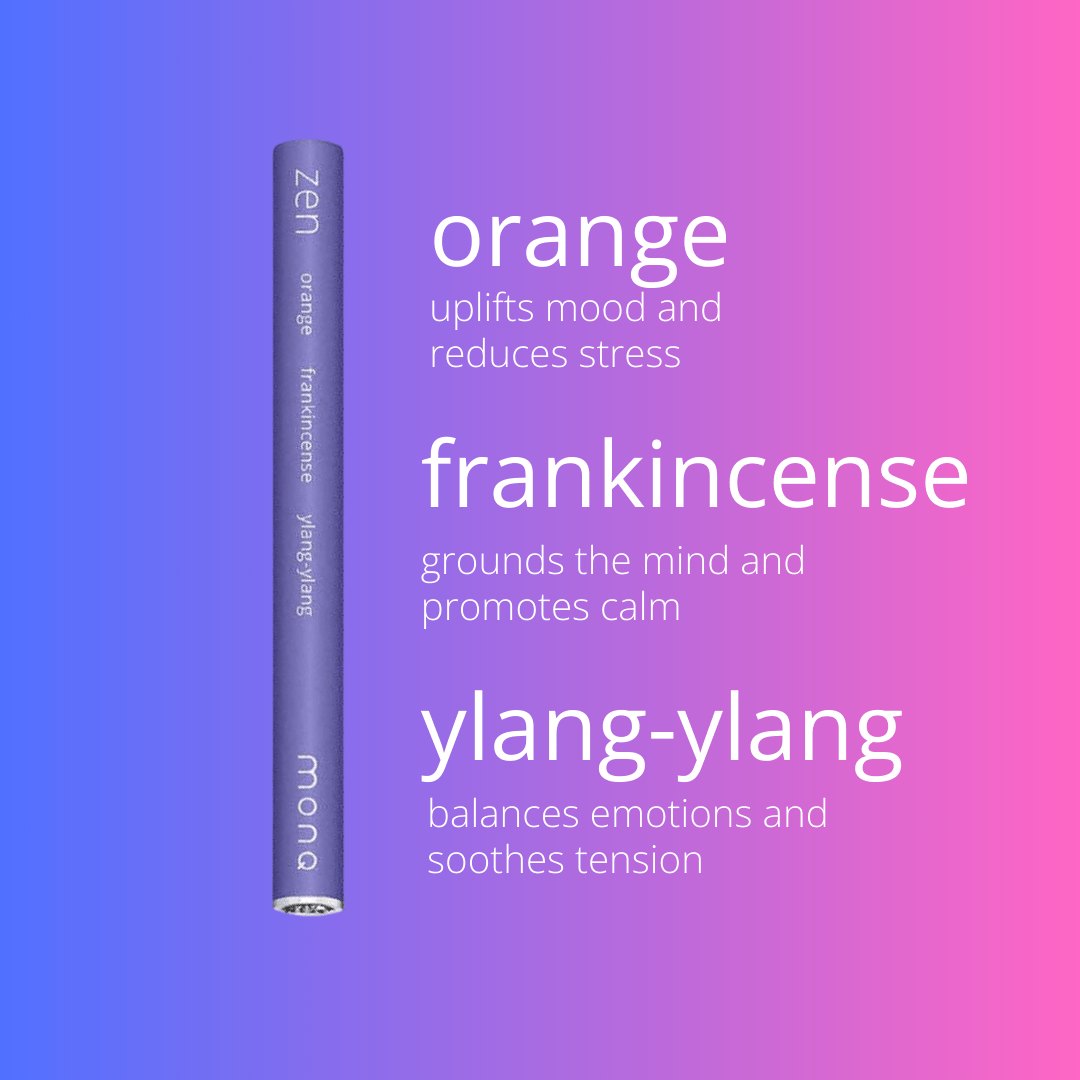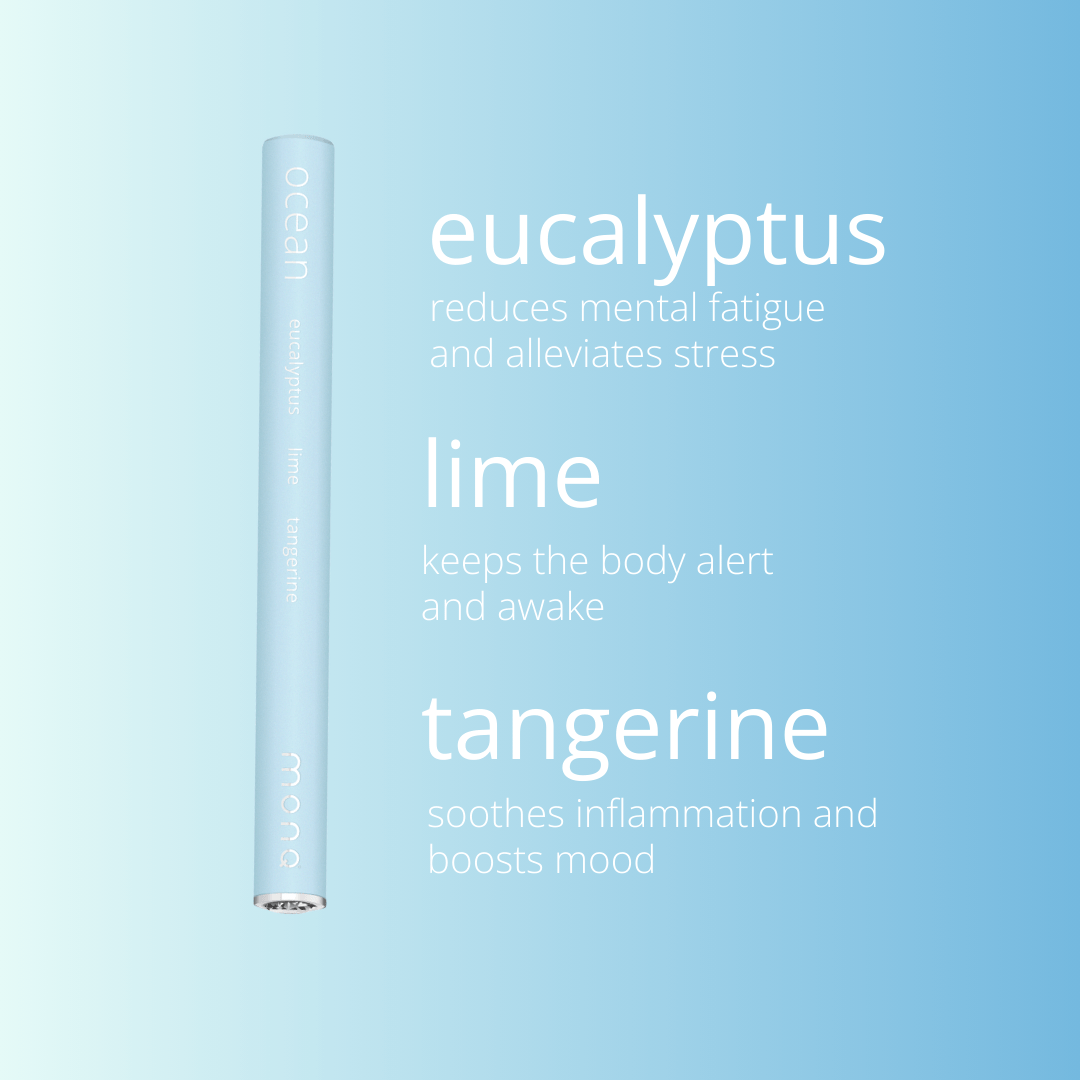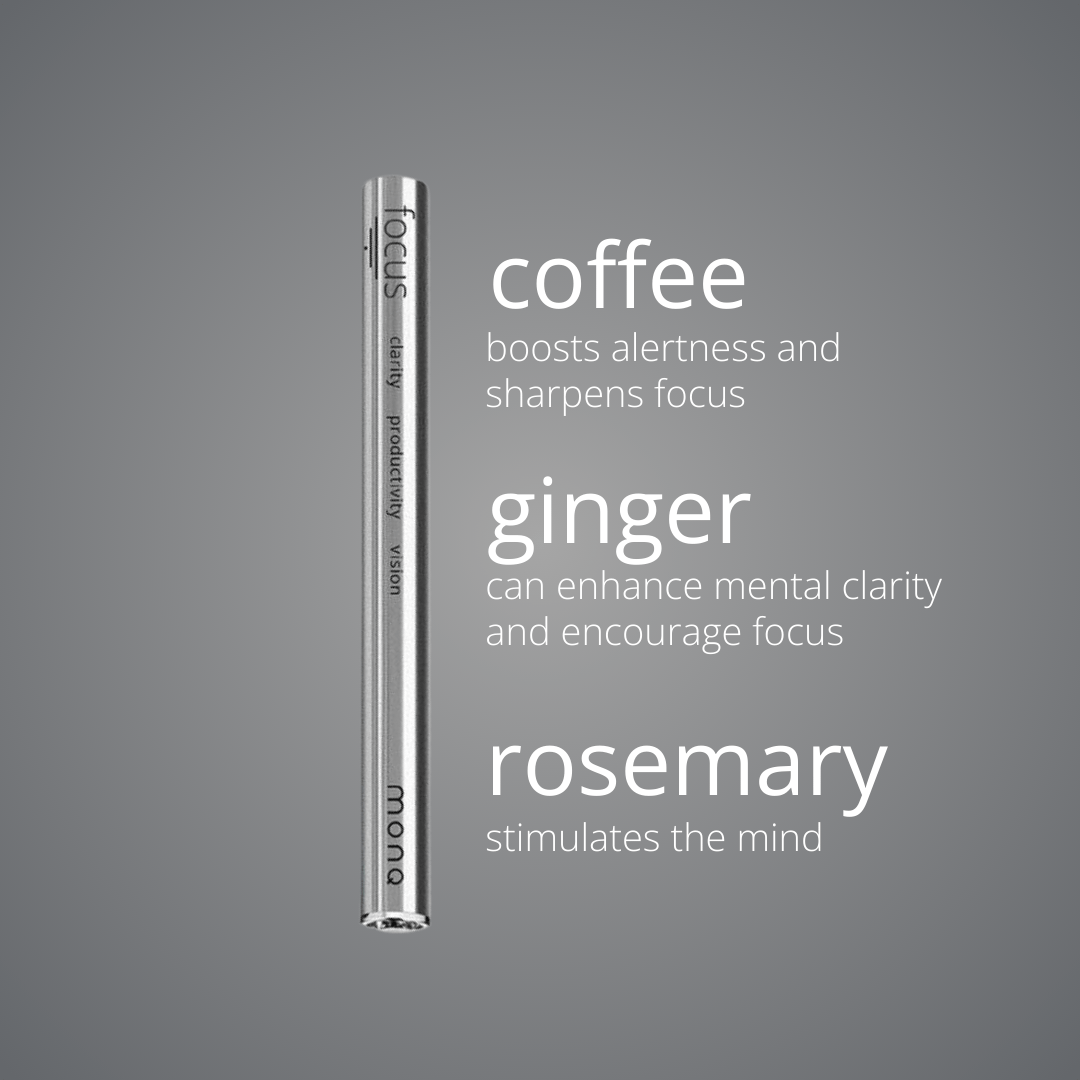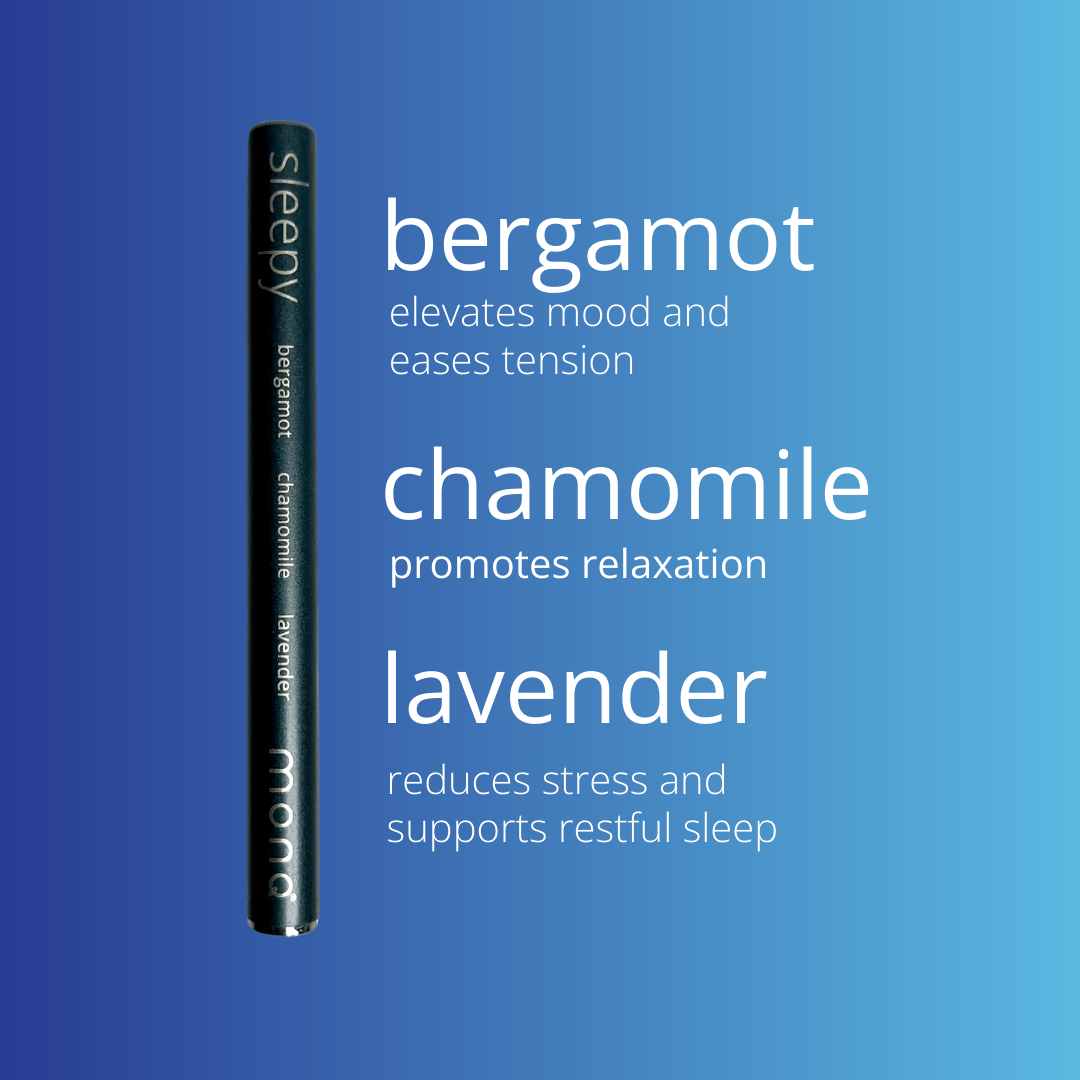Breathing & Well-being: Techniques to Soothe Your Mind

Stressful moments sneak up on us. In those moments, our breath can become our most powerful ally or a seeming adversary. Often, when overwhelmed, our breath can feel restrained, akin to trying to breathe underwater. Recognizing this, breathing exercises can be transformative in managing stress and fostering relaxation. Let's dive deep into the world of breathing exercises and their profound benefits.
Understanding Stress Moments
If you sometimes feel isolated in your stress experiences, remember that it's a universal emotion. In the U.S., a significant number of adults report experiencing stress. Root causes vary - from minor everyday worries to more profound concerns. When fear or worry sets in, the body can go into overdrive, sometimes making us feel out of breath.
Introducing effective breathing techniques can help strike a balance in your physiological and mental reactions. Such exercises can significantly reduce the occurrence and intensity of stressful episodes.
Discover Powerful Breathing Techniques
1. Abdominal Breathing
This technique encourages deeper, fuller breaths. The goal is to increase oxygen intake, soothing your system and creating a calming rhythm.
Benefits:
- Reduces heart rate.
- Lowers blood pressure.
- Helps in relaxation.
- Minimizes the effects of stress hormones.
How to Practice:
- Sit comfortably.
- Place one hand on your abdomen and the other on your chest.
- Breathe deeply through your nostrils, filling your abdomen with air (chest remains still).
- Exhale slowly through pursed lips, pressing gently on your abdomen.
- Repeat this 5 times or as you find comfortable.
2. Alternate Nostril Breathing
This technique is about mindful breathing, promoting relaxation and balance.
Benefits:
- Reduces stress levels.
- Enhances lung function.
- Decreases heart rate.
How to Practice:
- Sit upright in a relaxed posture.
- Close your right nostril with your thumb, inhaling through the left nostril.
- Close the left nostril with your fingers, and exhale through the right nostril.
- Now, inhale through the right nostril, close it, and exhale through the left.
- Continue this pattern for 3-5 minutes.
3. Controlled Breathing
A technique that encourages focus on your breath, shifting attention away from stressors.
Benefits:
- Helps divert focus from stress.
- Calms the mind and body.
How to Practice:
- Sit comfortably and close your eyes.
- Inhale for 2-3 seconds.
- Hold your breath for 2 seconds.
- Exhale over 4 seconds.
- Gradually increase the inhale and exhale duration as you progress.
In Closing
Managing stress is within reach for many of us. While it may not always be entirely avoidable, with the right strategies, we can significantly reduce its intensity. Breathing exercises are a natural, effective way to regain composure and restore calm. Remember to complement these exercises with other relaxation techniques that resonate with you. Stay empowered, and take a deep breath!








Leave a comment